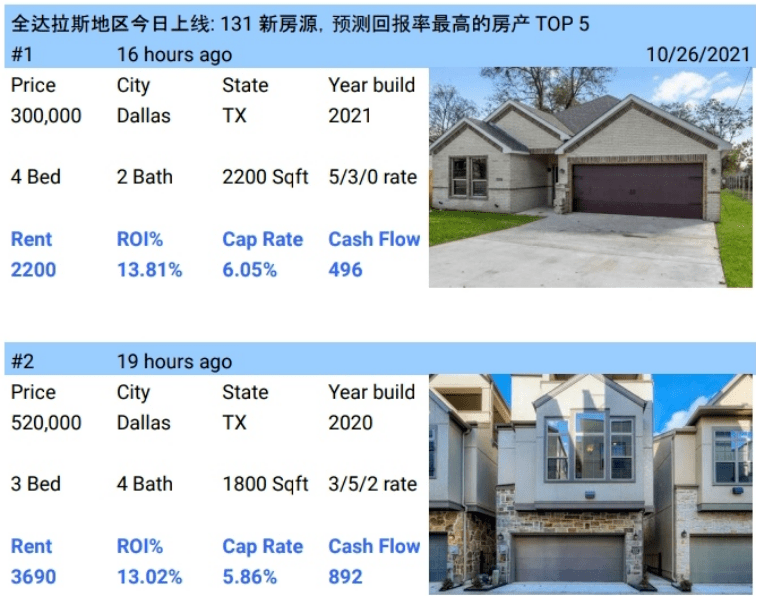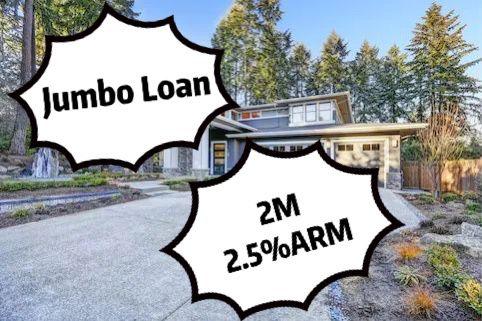Understanding Jumbo Loan Criteria: Key Requirements for High-Value Mortgages
#### What is a Jumbo Loan?A jumbo loan is a type of mortgage that exceeds the conforming loan limits set by the Federal Housing Finance Agency (FHFA). These……
#### What is a Jumbo Loan?
A jumbo loan is a type of mortgage that exceeds the conforming loan limits set by the Federal Housing Finance Agency (FHFA). These loans are not eligible for purchase by Fannie Mae or Freddie Mac, which means they carry a higher level of risk for lenders. As a result, the criteria for qualifying for a jumbo loan are generally more stringent than for conventional loans.
#### Jumbo Loan Criteria Explained
When considering a jumbo loan, it’s essential to understand the specific criteria that lenders typically require. Here are some of the primary factors that come into play:
1. **Credit Score**: One of the most critical aspects of qualifying for a jumbo loan is your credit score. Most lenders prefer a credit score of at least 700, though some may consider lower scores in specific circumstances. A higher credit score can also lead to better interest rates and terms.

2. **Down Payment**: Jumbo loans often require a larger down payment compared to conventional loans. While conventional loans may allow down payments as low as 3%, jumbo loans usually require at least 10% to 20%. A larger down payment reduces the lender's risk and can help you secure a better interest rate.
3. **Debt-to-Income Ratio (DTI)**: Lenders will closely examine your debt-to-income ratio, which compares your monthly debt payments to your gross monthly income. For jumbo loans, a DTI ratio of 43% or lower is typically preferred, although some lenders may allow ratios up to 50% depending on other factors like credit score and cash reserves.
4. **Cash Reserves**: Because jumbo loans are considered riskier, lenders often require borrowers to have significant cash reserves. This means you should have enough savings to cover several months of mortgage payments, typically anywhere from six to twelve months' worth, depending on the lender's criteria.
5. **Property Appraisal**: Since jumbo loans are used for high-value properties, a thorough appraisal is essential. Lenders want to ensure that the property is worth the amount of the loan. This process often involves a detailed inspection and comparison with similar properties in the area.
6. **Income Verification**: Lenders will require extensive documentation to verify your income. This may include pay stubs, tax returns, and bank statements. Self-employed individuals may need to provide additional documentation, such as profit and loss statements.
7. **Loan Amount**: The specific limits for jumbo loans can vary by location, but generally, they begin where conforming loans leave off. In 2023, the conforming loan limit for a single-family home is $726,200 in most areas, meaning any loan above this amount is considered a jumbo loan.

#### Benefits of Jumbo Loans
Despite the stringent criteria, jumbo loans offer several benefits for qualified borrowers. They allow you to finance high-value properties that may not be accessible through conventional loans. Additionally, jumbo loans can offer competitive interest rates, especially for borrowers with excellent credit and substantial down payments.
#### Conclusion
Understanding the jumbo loan criteria is crucial for anyone considering financing a high-value property. By meeting the necessary requirements, you can secure a loan that suits your financial needs and helps you achieve your homeownership goals. If you’re thinking about applying for a jumbo loan, it’s advisable to consult with a mortgage professional who can guide you through the process and help you understand the specific criteria that apply to your situation.